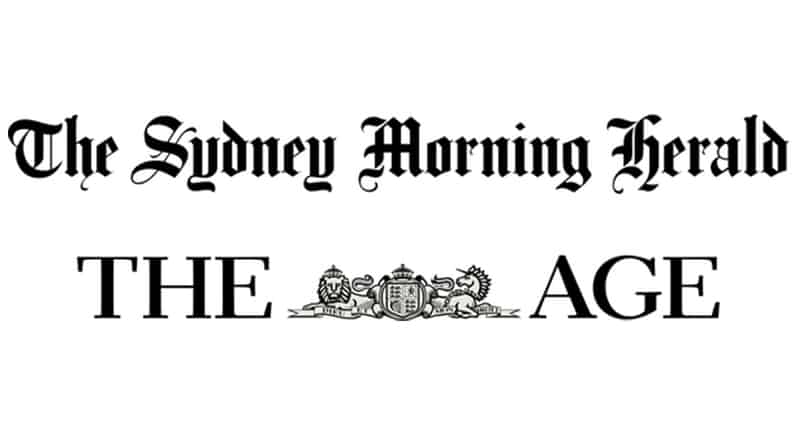Nine Publishing staff have been told that they may be in breach of the company’s editorial code of conduct if they sign open letters or petitions in the future.
A note sent to publishing staff seen by Mediaweek reads: “The Editorial Code of Conduct’s existing section on impartiality will be expanded to make clear that the signing of open letters or petitions may constitute a breach of the code, and that signatories may be directed to undertake different work duties to avoid any perceived or actual conflict of interest.”
The note was sent after 53 journalists across The Sydney Morning Herald, The Age, the ABC, Guardian Australia, and Schwartz Media, signed an industry open letter in November that called for increased scrutiny on the publisher’s reporting on the Israel-Gaza conflict. After signing the open letter, journalists at Nine newspapers were “unable to participate in reporting or producing coverage about the war in Israel and Gaza”.
That ban will lift on 24 May, six months after the decision was implemented
The note, signed by Luke McIlveen, executive editor of Nine’s mastheads, Bevan Shields, editor of The Sydney Morning Herald, Patrick Elligett, editor of The Age, and David King, national editor of The Sydney Morning Herald and The Age, opens by saying, “Our mastheads are committed to independent journalism and impartiality.”
At the time of the November open letter, Tory Maguire – who was then executive editor of The Sydney Morning Herald and The Age, and has since been promoted to managing director, publishing – wrote to staff: “It is a strong held-tenet that our journalists’ personal agendas do not influence our reporting on news events.
“The SMH and The Age hold a very significant place in Australian society because of the mastheads’ reputations for independent journalism and reporting bound by the highest standards of impartiality.”
